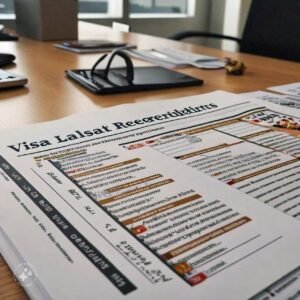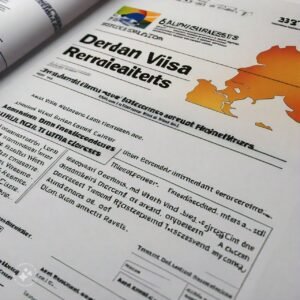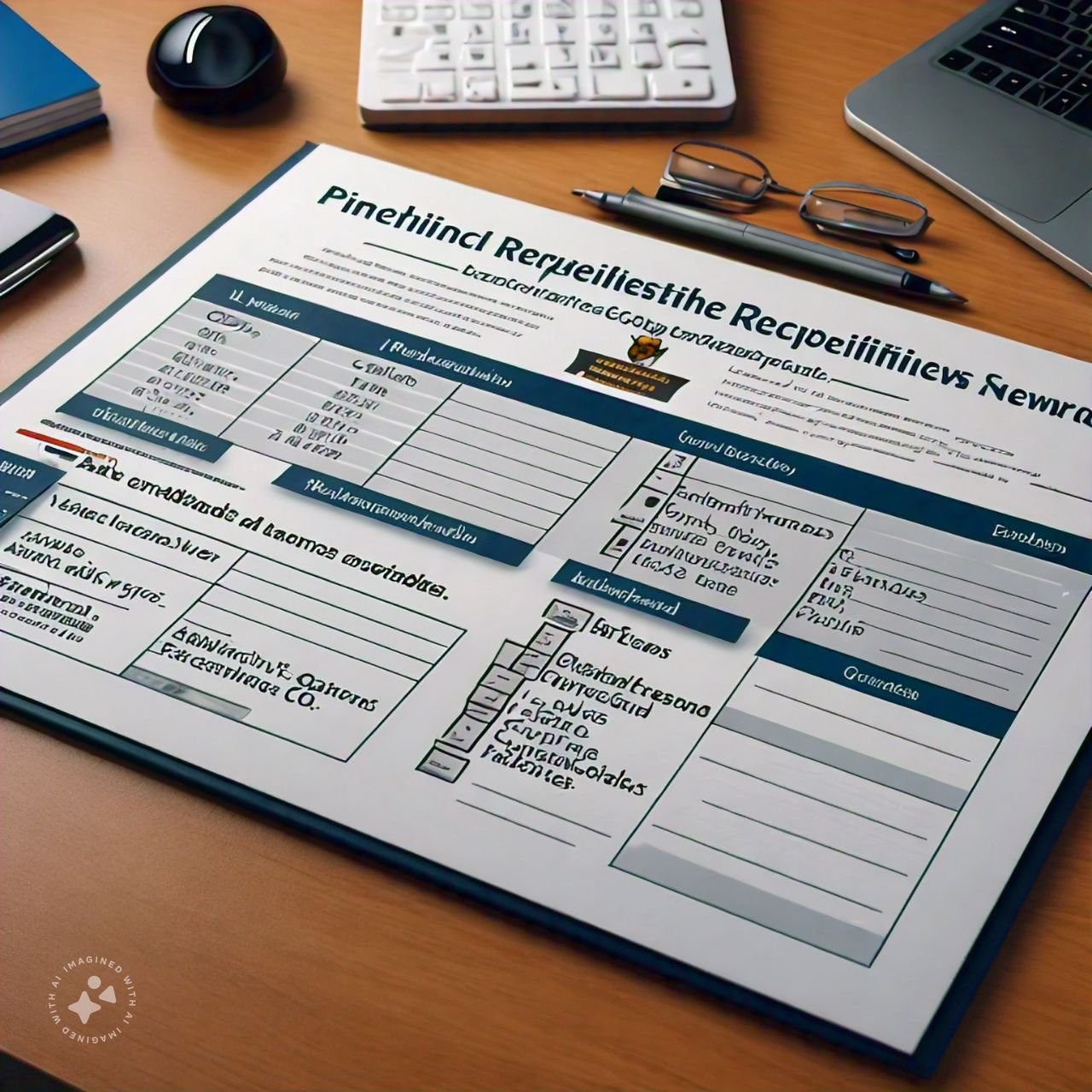Introduction
Visa interviews play a crucial role in the visa application process. They are essential for assessing an applicant’s eligibility. The interview process allows consular officers to verify information and evaluate credibility. It also provides an opportunity to address any concerns about the application.
During a visa interview, applicants must demonstrate their intention to comply with visa regulations. This involves proving ties to their home country and their reasons for traveling. The process can be stressful, but adequate preparation can significantly improve chances of success.
Understanding the purpose and format of visa interviews is essential. This blog will explore various aspects of visa interviews, including common questions and preparation strategies. We will also discuss what to expect during and after the interview.
Preparing well for a visa interview increases the likelihood of a positive outcome. Knowing what to expect and how to respond can make a difference. By following the advice in this guide, applicants can approach their interviews with confidence and clarity.
In summary, visa interviews are a key part of obtaining a visa. Proper preparation and understanding of the process are vital for success.
read more : Visa Application Process
Purpose of Visa Interviews
The primary purpose of visa interviews is to assess an applicant’s eligibility for a visa. Consular officers use interviews to verify the information provided in the application. They ensure that applicants meet all the requirements set for the visa category.
Visa interviews help establish the applicant’s intention to abide by visa regulations. Officers look for evidence that applicants will return to their home country after their visit. They also evaluate the applicant’s financial stability and purpose of travel.
During the interview, officers assess the applicant’s credibility and honesty. They gauge whether the applicant poses any potential risk or security concern. The interview provides an opportunity to clarify any discrepancies or gaps in the application.
Another key purpose is to evaluate the applicant’s understanding of visa conditions. Officers check if applicants are aware of the limitations and responsibilities associated with the visa. This ensures that the applicant fully comprehends the terms of their stay.
In summary, visa interviews are vital for verifying eligibility and ensuring compliance with visa regulations. They help consular officers make informed decisions about visa issuance.

Types of Visa Interviews
Visa interviews vary depending on the type of visa being applied for. Common types include tourist, student, and work visa interviews. Each type has distinct requirements and focuses.
Tourist Visa Interviews: These interviews assess the applicant’s intention to visit for tourism and return home afterward. Officers check the applicant’s travel itinerary and financial stability.
Student Visa Interviews: In these interviews, officers evaluate the applicant’s acceptance into an educational institution. They also review the applicant’s ability to cover tuition and living expenses.
Work Visa Interviews: For work visas, the focus is on verifying employment offers and job qualifications. Officers assess the applicant’s skills, job role, and employer details.
Immigrant Visa Interviews: These interviews involve a more in-depth assessment of long-term residency plans. Officers evaluate the applicant’s reasons for immigration and their ability to support themselves.
Business Visa Interviews: Business visa interviews focus on the purpose of business activities and financial resources. Applicants need to demonstrate their business plans and investments.
Each type of visa interview requires specific preparation and documentation. Understanding the type of interview helps applicants tailor their preparation effectively.

